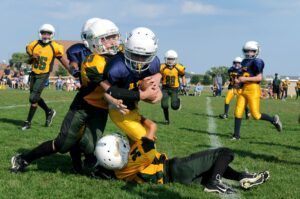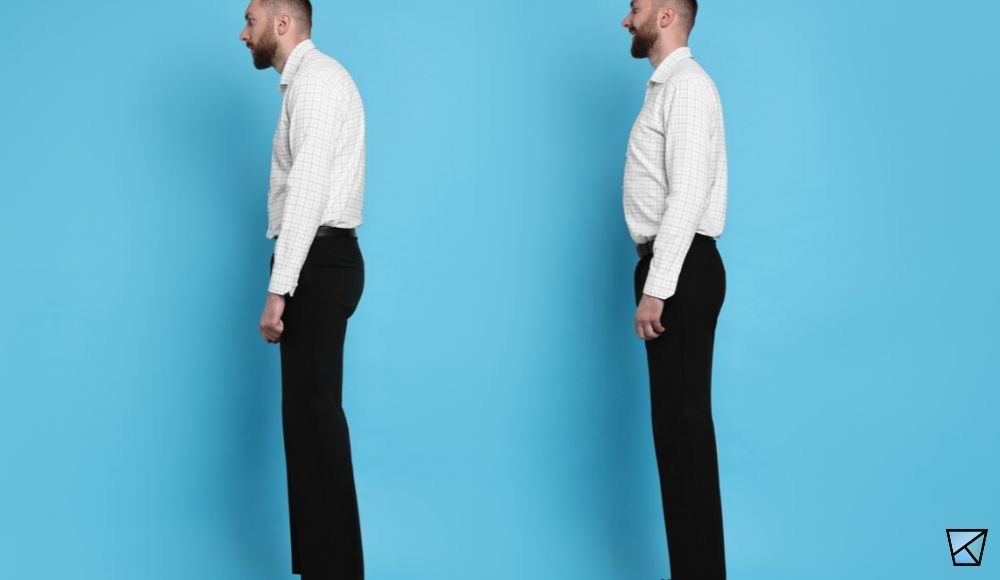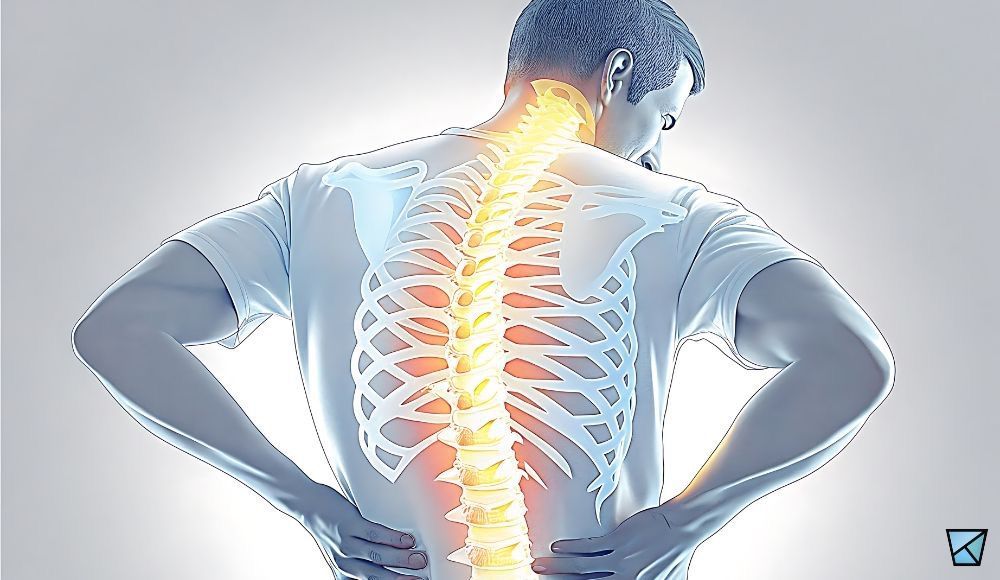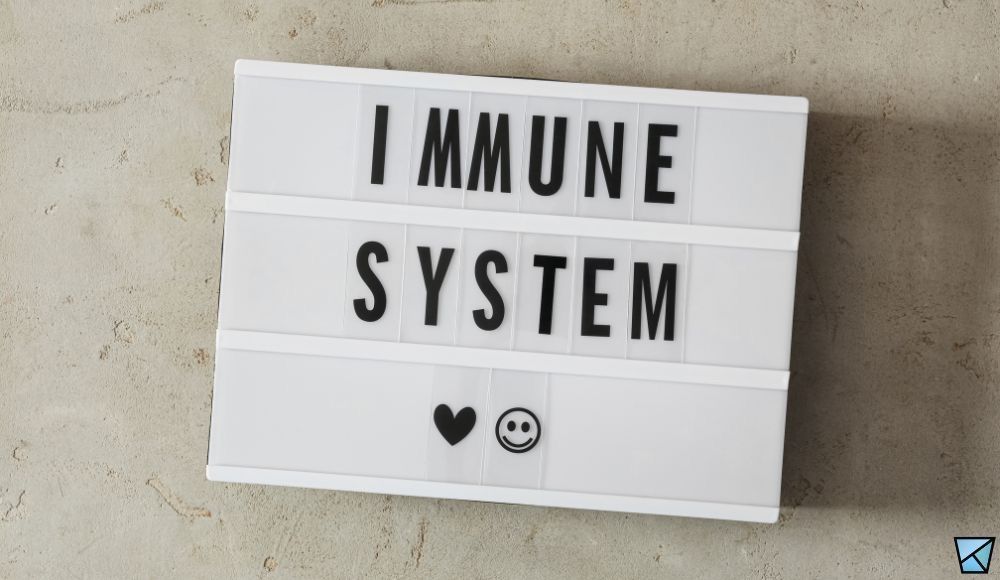Concussions are very complex. There are many physical and physiological factors that come into play. Many people who experience concussions also experience neck pain or headaches due to the force of a trauma. While an injury-induced concussion is often accompanied by a head or neck injury , the concussion itself is actually more of a brain injury. Most long-term concussion symptoms linger due to not getting proper treatment of the soft tissue and neurological damage after the impact. It’s easy to brush off a fall or an accident if you don’t feel problems at the time, but neglecting to get your brain and neck addressed is usually why people end up feeling pain and symptoms months, years, and sometimes even decades after the injury.
The most common way people sustain a concussion is by a sports injury or a car accident. While there are some new regulations in place for youth when they sustain a concussion in schools or extracurricular sports, there is still little follow-up care emphasized for proper healing. For adults, there is little to no guidance from doctors as to what should be done following a concussion. The steps that you take in the weeks and months immediately after the injury are the most important when it comes to promoting full recovery.
What happens during a concussion

A concussion happens when the brain is moving at a high speed, both seen when playing sports or driving a car, and there is a sudden stop or change in direction which causes the brain to either move rapidly back and forth or side to side against the inside of the skull. Ouch! This sudden movement can impact, stretch, and damage the tissues of your brain. This often results in a lot of swelling and inflammation inside the skull. It’s essential for the health of the brain to get this inflammation managed as quickly as possible.
Symptoms
The symptoms following a concussion can be mild: they can last less than 15 minutes and there may not be any loss of consciousness. This can be easy to shake off. However, they can also be severe, resulting in one or more of the following:
Loss of consciousness
Head and neck pain
Dizziness or vertigo
Headaches or migraines
Seizures or convulsions
Repeated vomiting or nausea
Brain fog or difficulty focusing
Loss of memory
Loss of balance
Sensitivity to light and sound
What to Do if You Have Had a Concussion
SLEEP
Rest is the most important thing you can do after a concussion. The myth of staying awake after a concussion is finally subsiding, but there is still bad information out there! The reason that rest is so important is that your body has a natural way of healing your brain and bringing down the swelling. When you sleep, the blood and cerebrospinal fluid surrounding your brain acts as a flushing system to clean out the inflammation.
TAKE IT EASY
Not only is it important to get 8 or more hours of restful sleep at night, but it’s also a good idea to rest and take it easy in general. High-impact sports and activities should be limited while your brain heals.
NO SCREENS
It’s also strongly encouraged that you avoid looking at screens for at least the first 24 hours, if not longer. The intense lighting from your cell phone, laptop, and TV can prevent the brain from healing the way that it needs to.
PROPER FUEL
After a concussion, drinking plenty of water and eating nutrient-dense foods will help your brain heal. Try to avoid sugar and processed foods as much as possible as these promote inflammation and will delay the healing process.
CHIROPRACTIC AFTER A CONCUSSION
After you have let your brain heal, the next most important thing you should do is see a specialist that deals with head and neck trauma. Upper cervical chiropractors are specially trained to examine the biomechanics of the neck, assess nervous system function, and get you on your way to healing from a concussion.
How Upper Cervical Chiropractors Help Concussions
When you sustain a concussion due to an impact, there is most likely going to be damage to the soft tissue in the upper part of your neck. The upper part of your neck is incredibly important when it comes to proper brain function. When there is damage in this area, it can lead to scar tissue which will cause you to lose proper movement in this area. Over time, this can present as neck pain, headaches , vertigo, brain fog, and some of the other symptoms listed above. In order to avoid this, getting evaluated by an upper cervical specialist is key. They will provide you with the proper treatment to heal your brain, restore proper motion in your neck, and get you on the right path to recovering from your concussion.
Guest Blog by Dr. Alison Bremner of Atlas Chiropractic in Boulder Colorado !






